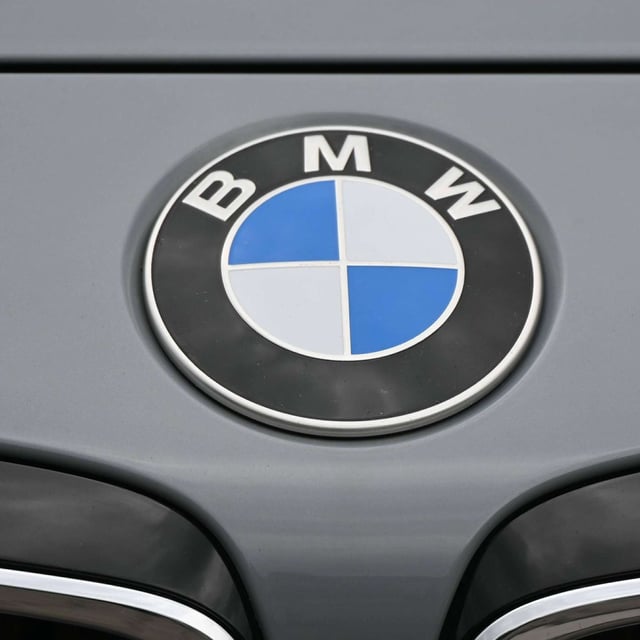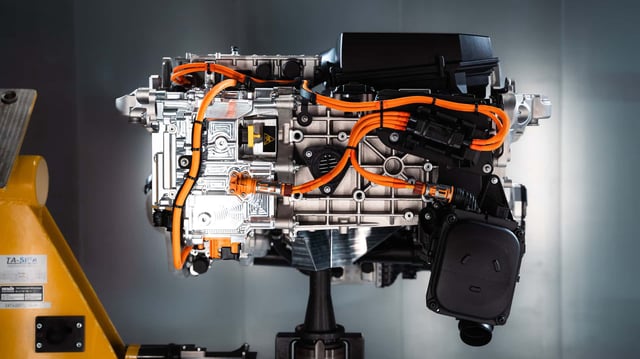Overview
- BMW has started building prototypes of a third-generation fuel-cell system and is preparing the architecture for a limited series launch targeted for 2028.
- According to the company, the new system is about 25% smaller thanks to higher power density and is substantially more efficient than the previous generation.
- Development continues in cooperation with Toyota, and BMW has created a hydrogen-specific “BMW Energy Master” interface to integrate the fuel-cell system with vehicle electronics.
- BMW’s second-generation setup has powered fewer than 100 X5-based test vehicles since 2023, producing about 396 PS with roughly 500 km WLTP range.
- The first production model and the scale of commercialization remain unconfirmed as rivals scale back hydrogen plans and Stellantis has paused its program.

